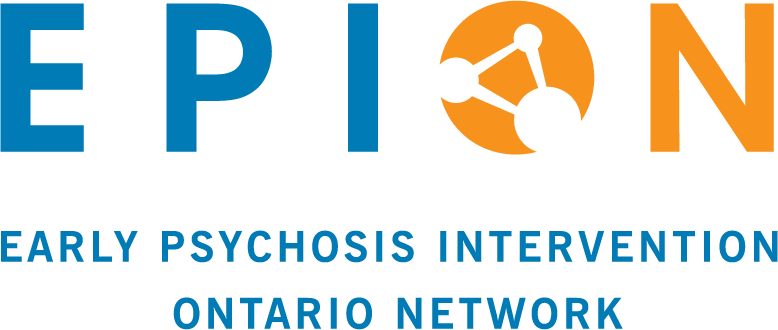- Home
- >
- Current Projects
- >
- Research
- >
- Evidence Brief: Family work in...
Evidence Brief: Family work in four early psychosis intervention programs

This exploratory study examines an Applied Health Research Question posed by the Early Psychosis Intervention Ontario Network (EPION) to learn more about family work by Ontario EPI programs. It builds on a previous ARHQ project for EPION focused on a systematic literature review of the barriers and facilitators to implementing support for families of individuals experiencing early psychosis.
The aim of both projects is to inform EPI program efforts to meet the Ontario EPI Program Standards.
The current study looks at family support in four programs with different service delivery models, in relation to the Pyramid of Family Care, a hierarchical framework of family support options. The key finding from this project is that despite differing models and resources, all four programs were able to provide, directly or indirectly, family services related to all levels of the Pyramid.
However, program capacity to deliver a range of family supports varied and the extent to which delivery was systematic in response to family needs is unknown. More work is needed to understand which strategies are most effective for different service delivery models and to support more widespread implementation.
a systematic literature review. For the full report, contact Avra Selick (avra.selick@camh.ca) or Tiziana Volpe (tiziana.volpe@camh.ca).